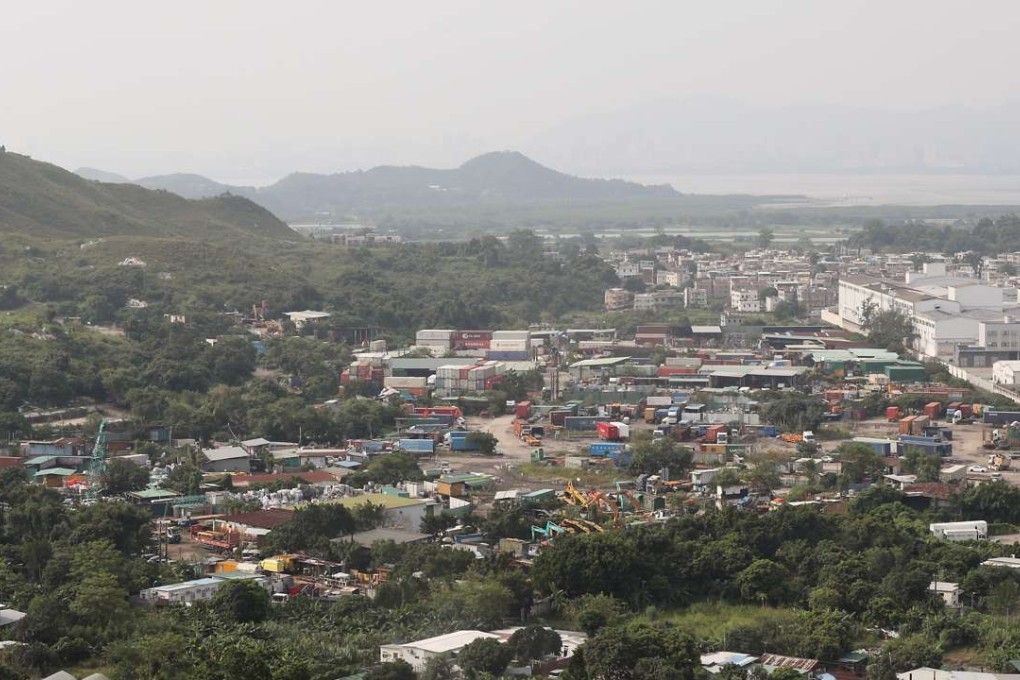Rural elder calls for brownfield site exchange scheme amid Yuen Long development controversy
Daniel Lam Wai-keung, vice-chairman of powerful rural affairs body Heung Yee Kuk, said landowners could be offered new sites in exchange

As the government is set to start long-awaited studies on developing the city’s sprawling countryside brownfield sites, a rural elder has called for officials to consider exchanging land with the owners of the sites.
But land experts said the suggestion was not practical as it would be unfair to other affected property owners and that land exchange often involved prolonged discussions which would stall development projects.
A heated debate over brownfield development was triggered after the government’s controversial move to defer a plan to develop public housing on a brownfield site in Wang Chau, Yuen Long, and prioritise another public housing development project on a nearby greenbelt site, which will see three villages displaced. The public has criticised the government, which made the decision after secret meetings with rural strongmen who have vested interests in the brownfield site, for succumbing to pressure.
Newly-elected lawmaker Eddie Chu Hoi-dick, who has been fighting to reverse the government’s decision, is now under police protection after receiving death threats.
In a programme on Commercial Radio yesterday , Daniel Lam Wai-keung, vice-chairman of powerful rural affairs body Heung Yee Kuk, said landowners had a right to express their opinions.
“Some people with other purposes have blown things out of proportion,” said Lam.